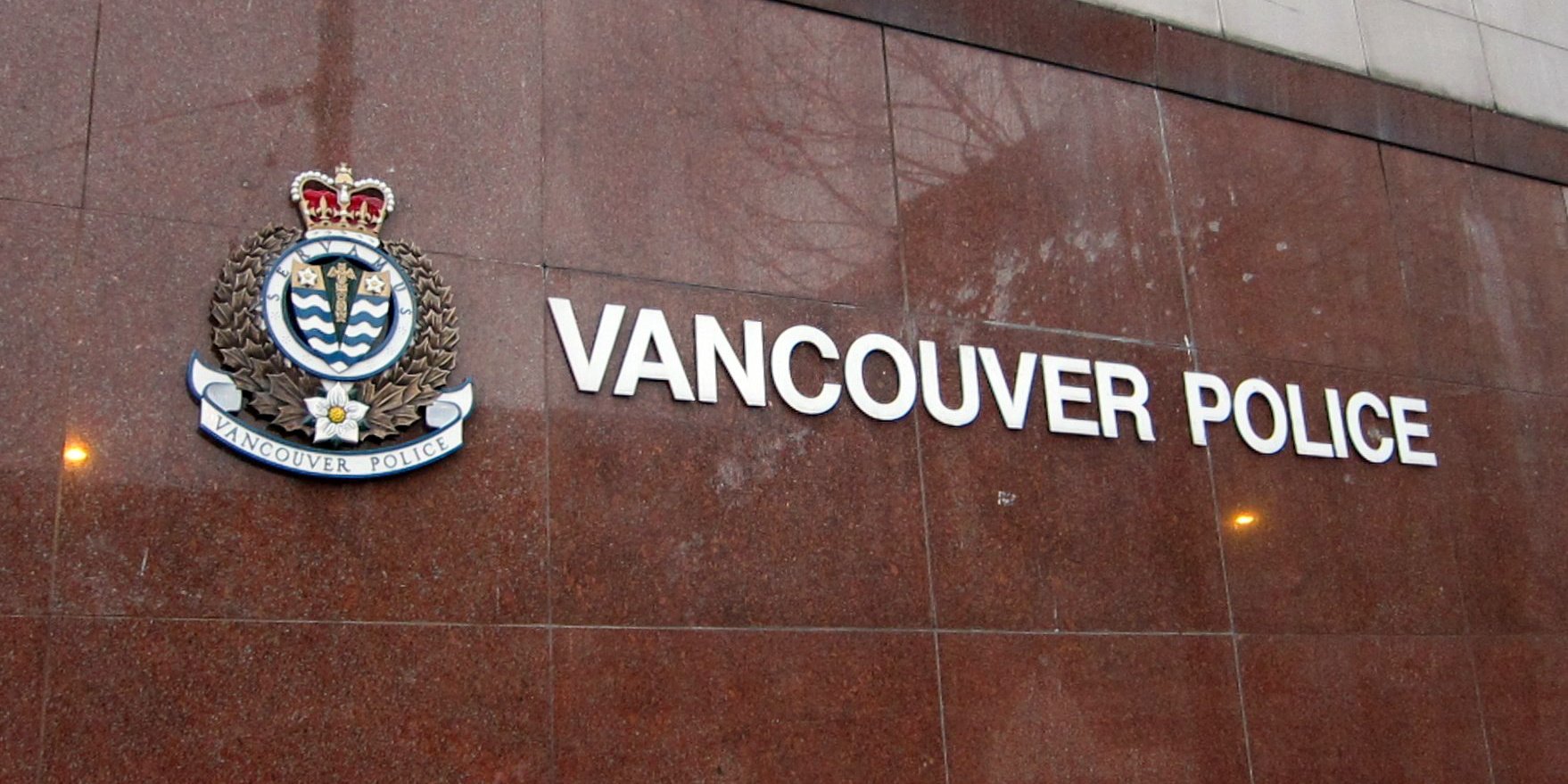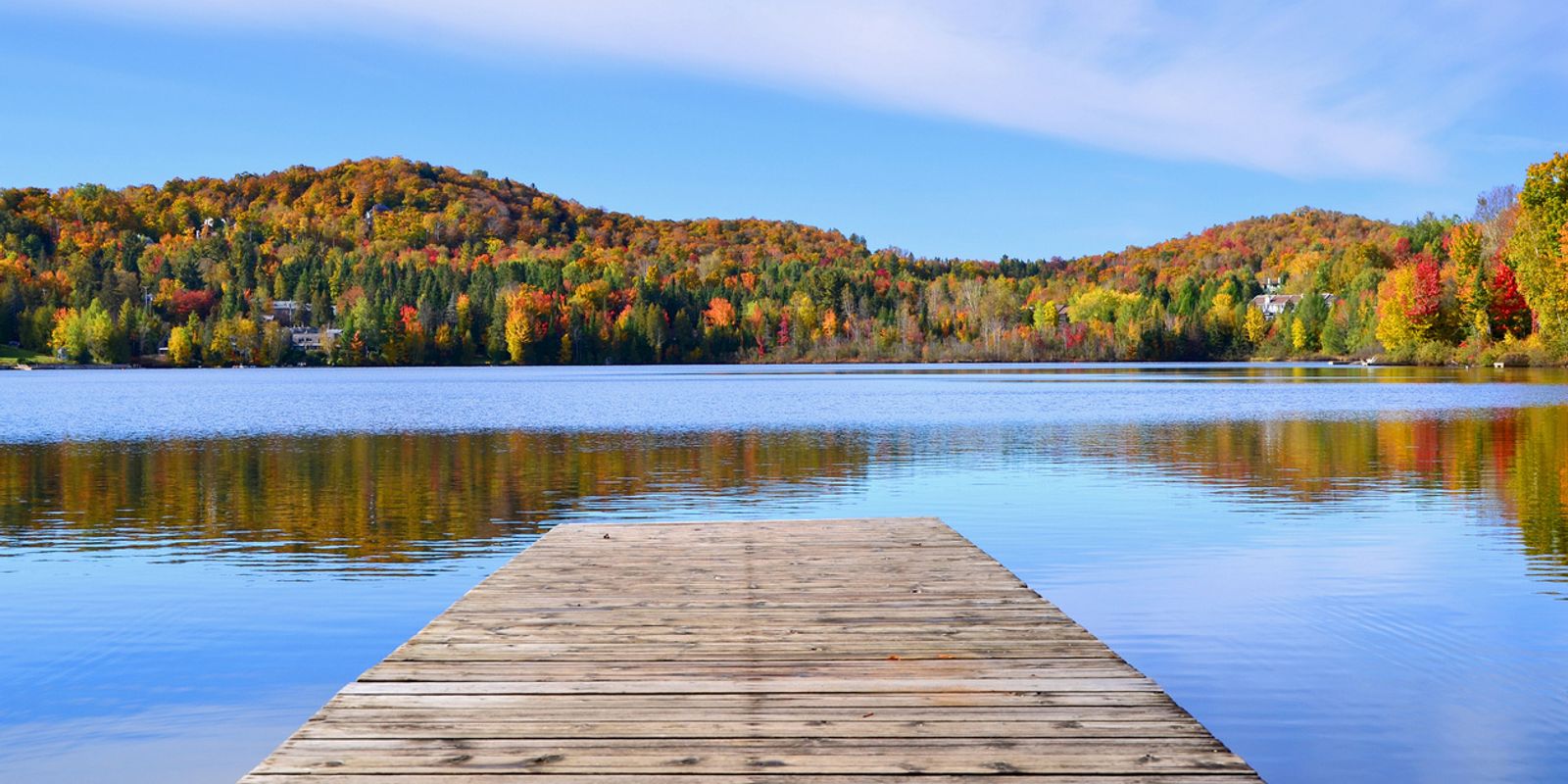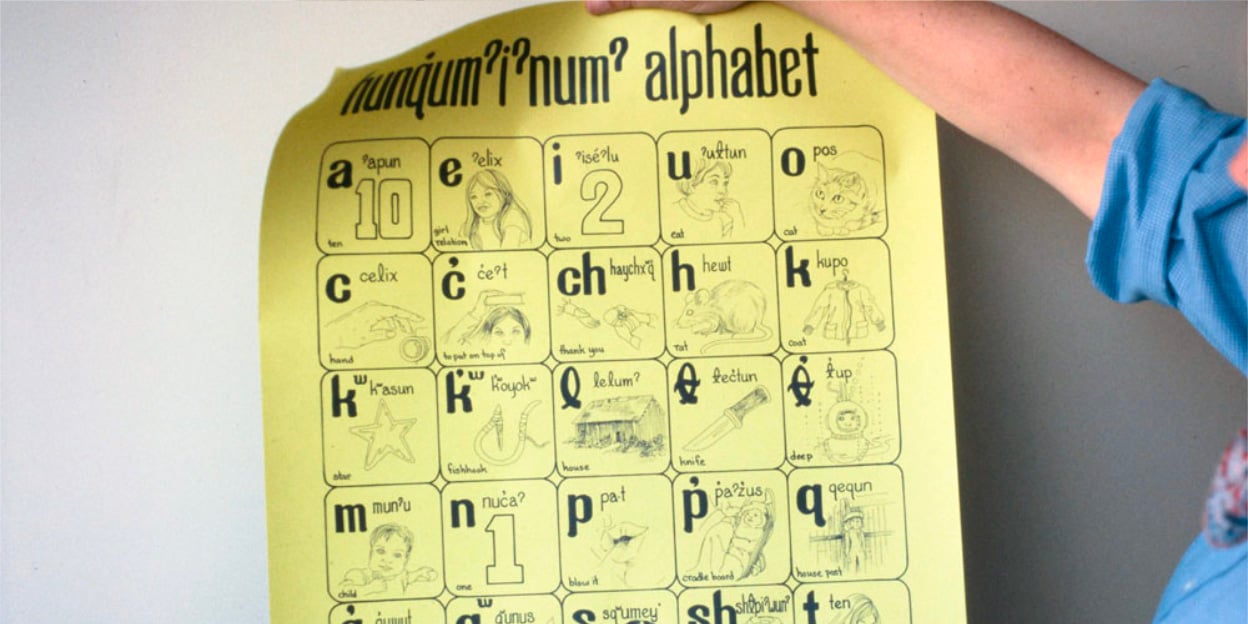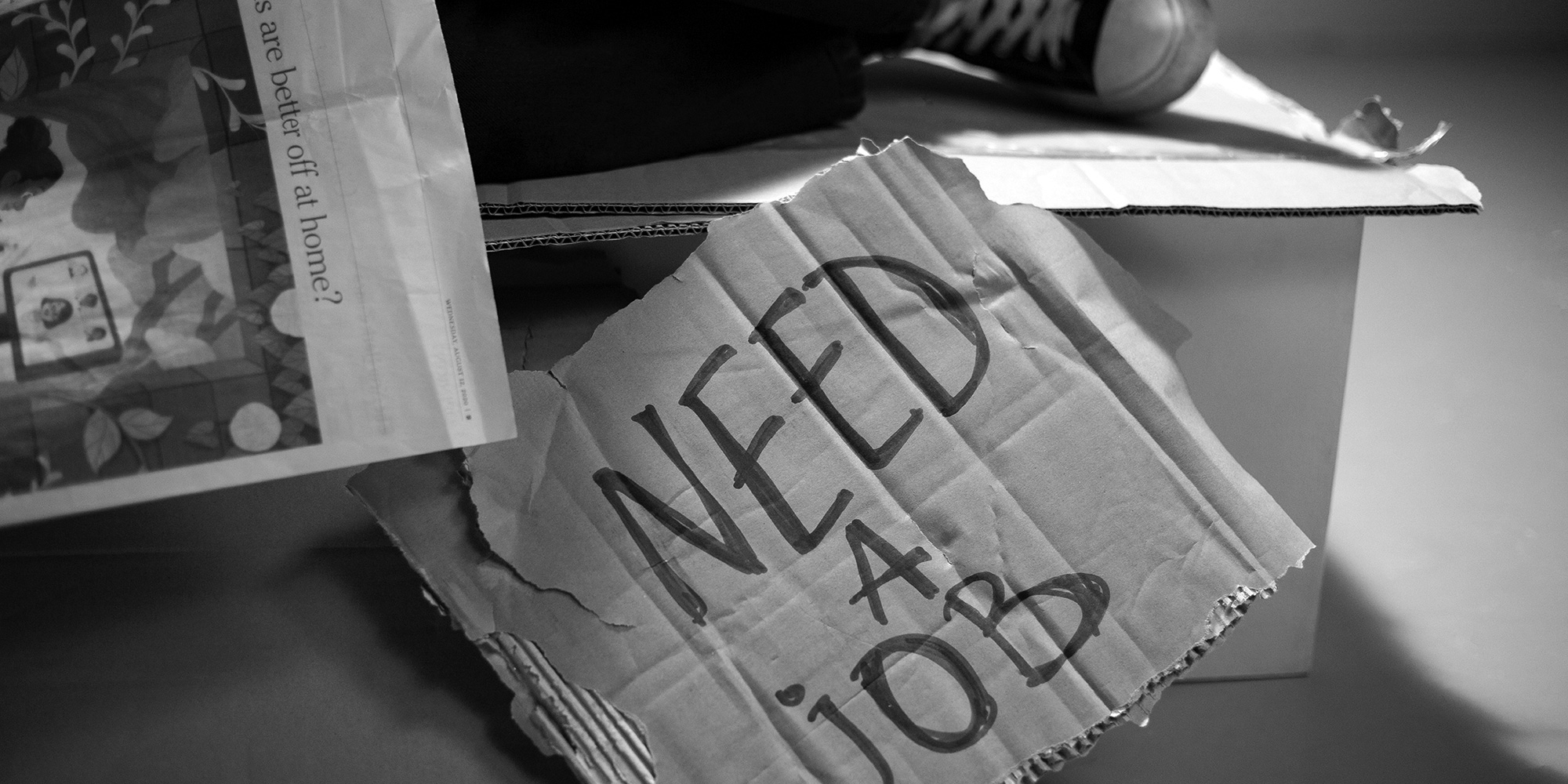Bands Call for Return of Agency #1 Lands
Rainy Lake has always been important to the Anishinaabe of this region,” says Chief Janice Henderson of Mitaanjigamiing First Nation. “The district...

Constable Steve Hanuse, who is from the ‘Namgis Nation, became the Liaison Officer with the Musqueam Indian Band in 2009. He took some time from his duties to speak with Indigenous Corporate Training Inc. about his career and its many rewards.
Can you provide me with a little of your background and why you chose a career with the police force?
My family is from Alert Bay but I was born and raised in Burnaby. My family was broken by the residential school system – I did not have an easy childhood but from that, I have learned to appreciate everything I have today, including my wife and three beautiful daughters. I was fortunate enough, when I was in high school, to become close to the family of my girlfriend at the time. Her mother took me under her wing and taught me the value of hard work and an education. I also got into sports because it was an outlet for me, I developed my self-esteem and I excelled.
When did you realize that your difficult childhood was caused by the residual effects of the residential school system?
It was not until about seven years ago when the Justice Institute showed the film “The Spirit Has No Colour” that I truly understood the bigger picture, and was able to say to my mother “Please don’t have any guilt”. She has since turned her life around and is proud of me and all I have accomplished. She encourages me to tell my story so that other kids know that a child can go through what I went through and still succeed.
Were there many other First Nation officers at the VPD when you joined?
There were probably about 10 other Aboriginal officers. It was frequently suggested to me, right from the beginning that I should consider being a Liaison Officer but I wasn’t ready for that role then. I needed to grow professionally. I joined the canine division because the adrenalin of the calls and doing something different every day really appealed to me at that time.
What challenges, if any, did you face as a First Nation member of the police force?
I get my back up when I hear suggestions of racism within the Vancouver Police Department because I never experienced it at all. VPD has always been very supportive, and the members are genuinely interested in what I could offer as an Aboriginal person.
Why did you eventually make the move from the canine division to become the Musqueam Band Native Liaison Officer?
When you are in the canine division you have to do a lot of public speaking and that was not easy for me. But, as my self-confidence grew I began to realize that I had something to give back. I had been to the Musqueam community with my dog to talk to the kids and was really interested in working with them.
What was your reception by the Musqueam community as a First Nation person in uniform?
My very first day was in the summer so people were outside on their porches. I drove down there, parked my car, got out and walked up to the first family and said “Hi, I’m Steve, I’m the new Liaison person” and then proceeded to ask everyone their name. I made a point of meeting everybody, remembering their names and the family connections. I immediately became involved in the soccer teams; I attended the Breakfast Club which ensures every student has breakfast and a lunch. I just talked to everyone and now they know as much about me as I know about them.
As a member of the 'Namgis Nation, what elements and philosophies of your heritage do you share with Musqueam youth?
It’s the other way around – I am learning from them because I grew up away from my community and my culture.
What are your duties?
A lot of my work is preventative. I work closely with the social worker on family intervention, helping families break the cycle, teaching kids to respect themselves and others, and recognizing suicidal signs. I know personally how bad that cycle is so I can talk to them about working hard to break it, and that it can be broken. I don’t get involved in major investigations as that would compromise my relationship with the community but when someone gets into trouble I am there to drive them to the courts, help them through the steps, and sometimes I am there to drive them home again.
If it is possible to identify the most rewarding aspect of your role as the Liaison Officer, what would that be?
That’s tough because the whole experience is so rewarding and I want to end out my career here. But, I guess it is being a person that the kids know will always be there for them, that I am someone they can talk to, to be a role model for them, and to encourage them to work hard. They trust me and that is huge.
What is the best piece of advice you can give in regards to working with Aboriginal Peoples?
Be personable. Genuinely take an interest in what makes that person tick. And take into account the lasting impact of the residential schools and how many generations of families have been broken by it. Just because there is a Reconciliation Commission and an apology doesn’t mean that the pain suddenly ends. You have to appreciate what we as a People have gone through.
If you are interested in some more information about the Musqueam Indian Band, we have a series of articles on their tireless efforts to protect their sacred burial grounds from development.
Featured photo: Mike W., Flickr

Rainy Lake has always been important to the Anishinaabe of this region,” says Chief Janice Henderson of Mitaanjigamiing First Nation. “The district...

Indigenous languages the world over are in jeopardy. So much so that the United Nations declared 2019 the International Year of Indigenous Languages...

Indigenous people are the fastest-growing and youngest segment of the Canadian population. And have been for decades. Based on the 2020 Canada Census...